Have you ever been forced to work on a project with people you don't get along with? Or been pulled into all sorts of errands by pesky family members?
Social responsibilities can be exhausting!

When we can't escape our social responsibilities, we should "recharge" our social batteries by prioritizing social rest.
Social rest is all about pursuing social connections that energize you and taking a break from social connections that exhaust you. Social rest is important because it will help you recharge for the people and social activities that matter most to you.
Introverts vs. Extroverts
The way you approach social interactions determines if you're an introvert or an extrovert.
Knowing which personality type you have will help you pick the best social rest routines to incorporate into your daily life.
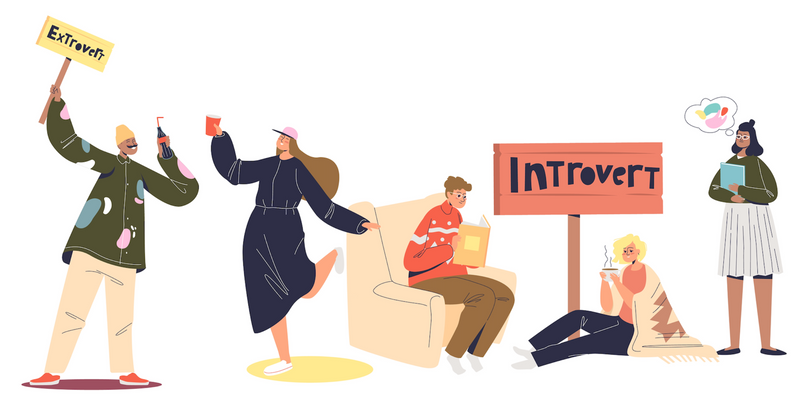 Image courtesy of Larysa on Adobe Stock
Image courtesy of Larysa on Adobe Stock
Introverts
Value alone time
Prefer small, intimate gatherings
Often feel drained after extensive social interactions
Extroverts
Value time with loved ones
Prefer large events to meet new people
Often feel energized by extensive social interactions
Strategy 1: Talk a walk
 Photo by Brooke Cagle on Unsplash
Photo by Brooke Cagle on UnsplashWhether it be at the office, at school, at home, or somewhere else, our social responsibilities are usually location-based.
One of the best strategies for social rest is to take a physical break away and be alone from it all.
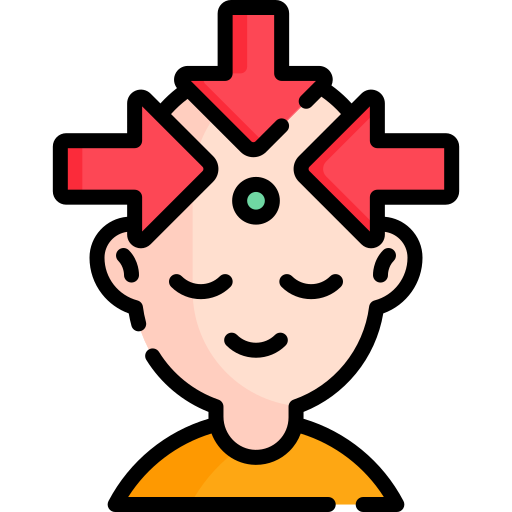
Introverts may benefit from taking a walk alone to recharge.
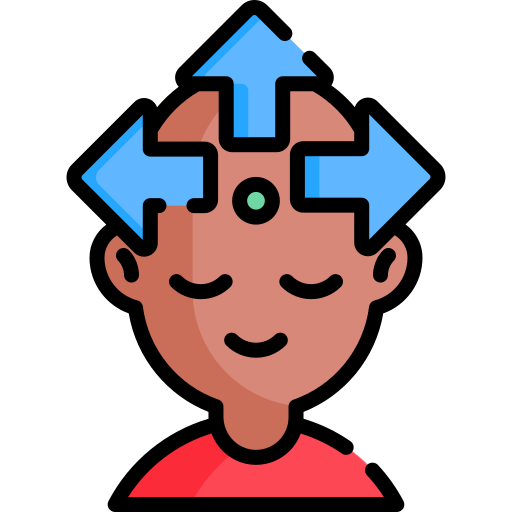
Extroverts may benefit from taking a walk with friends to recharge.
Strategy 2: Entertain yourself

We can't always escape our social environments in order to achieve social rest. In that case, consider:
Watching a movie
Reading a book
Playing a video game
These activities allow you to take a break from your social responsibilities, relax, and immerse yourself in a story.
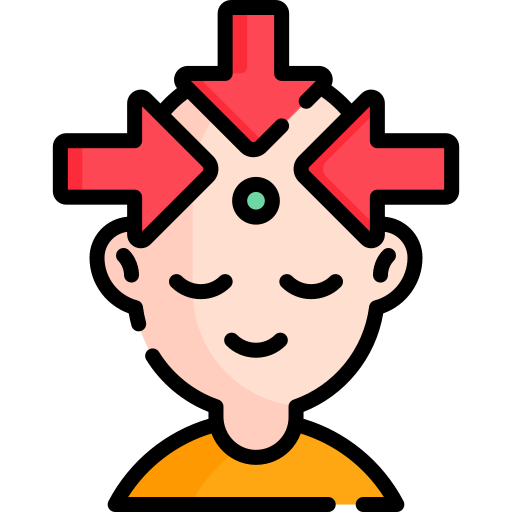
Introverts may benefit by enjoying solo entertainment to recharge.
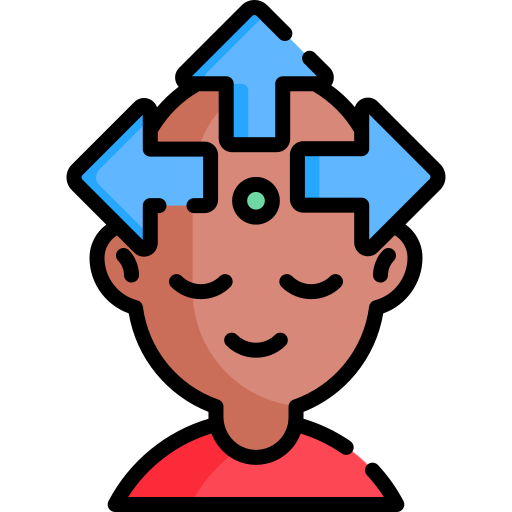
Extroverts may benefit from quiet companionship — being with others without the pressure to socialize — to recharge.
Strategy 3: Try a social media cleanse
If you have one or more social media accounts, you know that notifications pop up everywhere — on our phones, laptops, and even watches!
For both introverts and extroverts, the constant flow of information can feel like overstimulating social interactions, even when it's technically your technology "talking" to you.
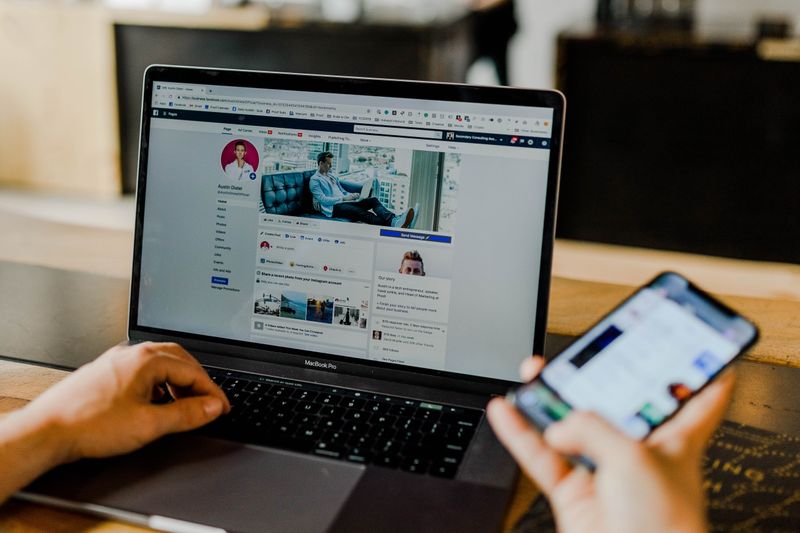 Photo by Austin Distel on Unsplash
Photo by Austin Distel on Unsplash 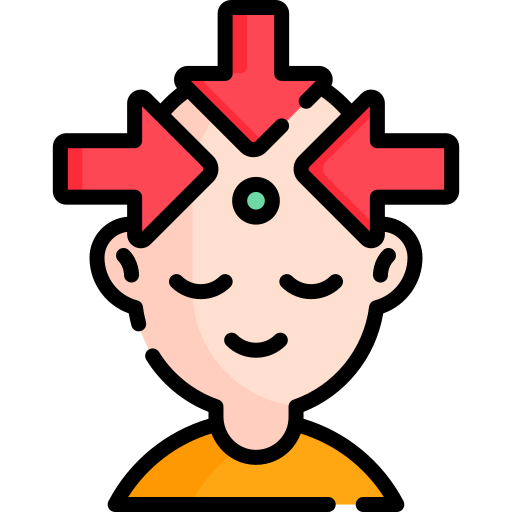 Introverts may benefit from turning off their devices completely to recharge.
Introverts may benefit from turning off their devices completely to recharge.
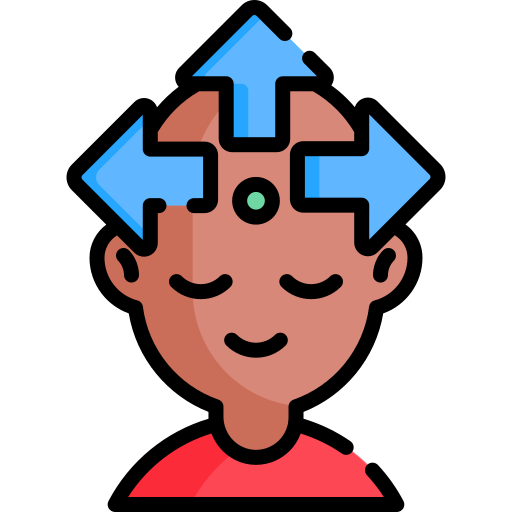 Extroverts may benefit from switching to "do not disturb" mode to recharge.
Extroverts may benefit from switching to "do not disturb" mode to recharge.
Quiz
What can a social media cleanse look like? Select all that apply:
Strategy 4: Connect with your closest friends and family

Social rest can still be social!
Instead of focusing on the social interactions that drain you, make time for the people that energize you, like your friends and family.
Keeping your loved ones involved can also help you manage your social responsibilities. For example, planning a surprise party for a friend can be overwhelming — ask if people close to you can help out!
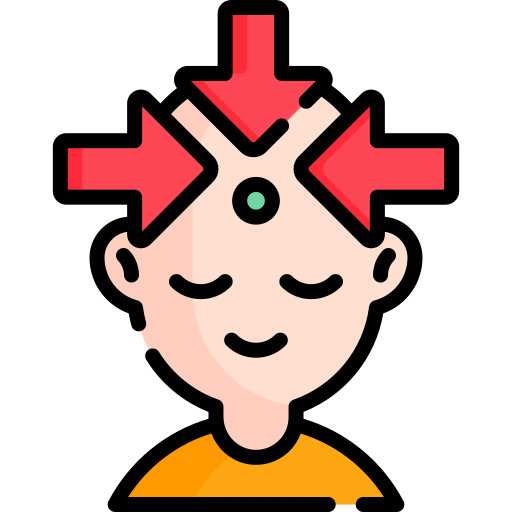 Introverts may benefit from reaching out to only a small circle of trusted people to recharge.
Introverts may benefit from reaching out to only a small circle of trusted people to recharge.
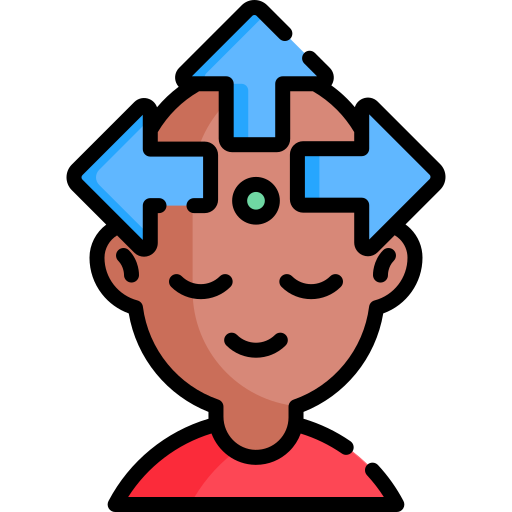 Extroverts may benefit from splitting their time among their many loved ones equally to recharge.
Extroverts may benefit from splitting their time among their many loved ones equally to recharge.
Strategy 5: Set social limits
Often, we can pack our schedules full of social commitments to different people such that socializing becomes exhausting, not energizing.

In this case, it may be wise to limit the quantity and frequency of social responsibilities so you don't feel overwhelmed. For example, you could:
Complete only one social gathering every day
Build in breaks between each social gathering
Add "solo days" into your schedule
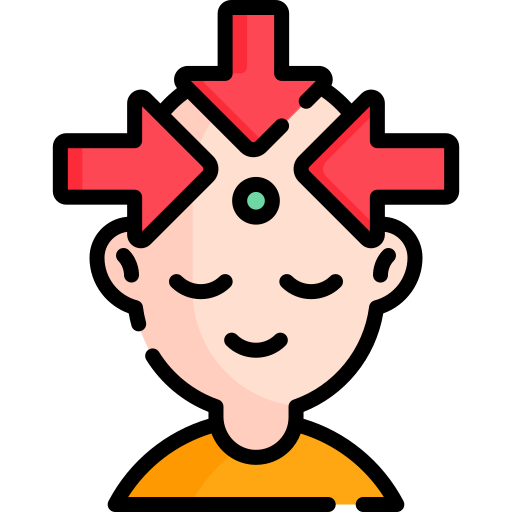 Introverts may benefit from having built-in solo breaks where they can recharge.
Introverts may benefit from having built-in solo breaks where they can recharge.
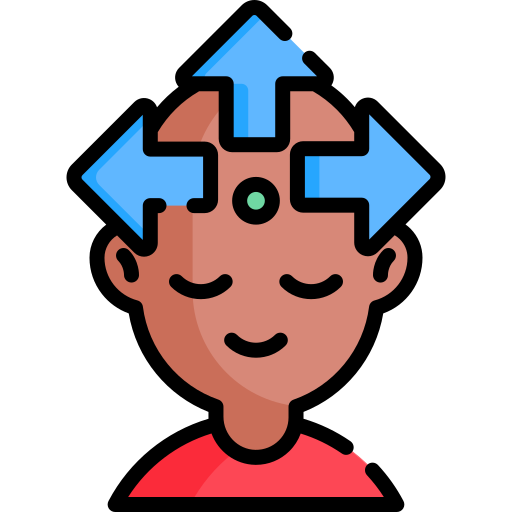 Extroverts may benefit from focusing their energy on only a few people per day to recharge.
Extroverts may benefit from focusing their energy on only a few people per day to recharge.
Take Action

When social responsibilities become too draining or overwhelming, try these strategies:
Your feedback matters to us.
This Byte helped me better understand the topic.
